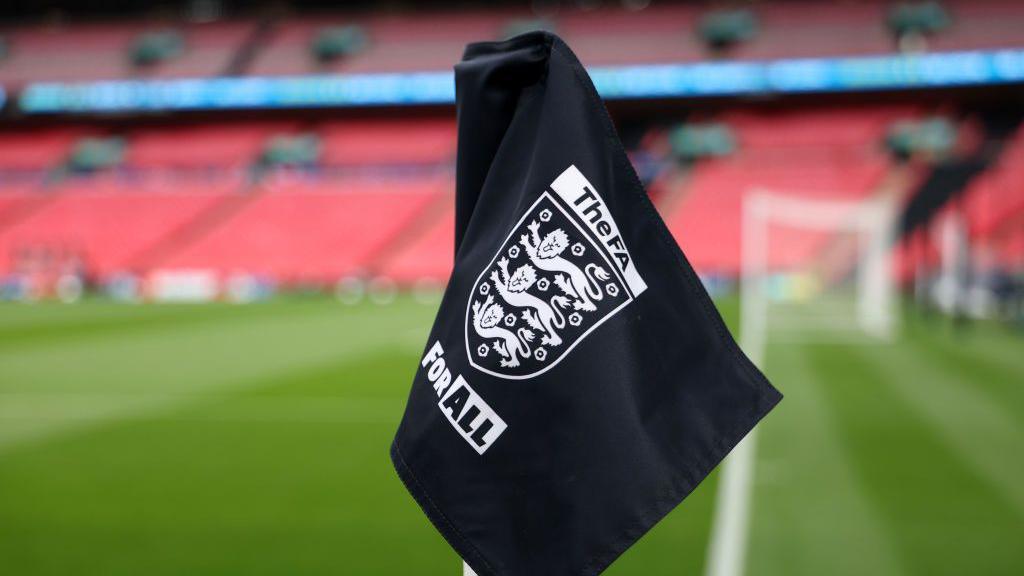
On the 1st of May 2025, the Football Association (FA) announced that transgender women will no longer be permitted to play in women's football in England, effective from June 1st, 2025. This decision follows the UK Supreme Court's ruling on April 15th that the legal definition of a woman is based on biological sex. The FA had previously amended its rules on April 11th to apply stricter eligibility criteria for transgender women, but these have now been scrapped, allowing only those born biologically female to play in women's football.
The FA reported that fewer than 30 transgender women are registered among millions of amateur players, and none are registered in the professional game across the Home Nations. The Scottish Football Association made a similar announcement on the same day. Sources suggest that the England and Wales Cricket Board (ECB) is also likely to ban transgender women from the women's game following legal advice. England Netball also changed its guidelines to ban transgender women from its female category.
The FA's previous policy, announced on April 11th, would have required transgender women to prove their testosterone levels had been below prescribed levels for the past 12 months, provide a record of hormone therapy, and undergo an annual review of treatment. A new formal process would give the FA "ultimate discretion" on a case-by-case basis.
Reaction to the FA's decision has been mixed. Fiona McAnena, director of campaigns for human rights charity Sex Matters, called it "overdue," while former Olympic swimmer Sharron Davies said, "This is great news for the safety and fairness of all our girls and women in football." Campaign group Women's Rights Network said, "We are pleased that the FA has finally seen the light."
However, Natalie Washington, campaign lead for Football vs Transphobia, expressed concern that transgender women may stop playing football as a result of the ban. Lord David Triesman, former chairman of the FA, suggested that there should be consequences for senior FA officers who allowed transgender women in women's football in the first place.
The FA will now be in contact with the 28 transgender women currently registered in England to explain the changes and how they can remain involved in the game. Other sports are also reassessing their transgender eligibility criteria, including athletics, cycling, aquatics, and snooker.
In conclusion, the FA's decision to ban transgender women from women's football in England has been influenced by the UK Supreme Court's ruling on the legal definition of a woman. The FA is in contact with the affected players to discuss their continued involvement in the sport. The decision has been welcomed by some but criticized by others, sparking a larger conversation about fairness, safety, and inclusivity in sports.
Source: BBC Sports Football

Post a Comment